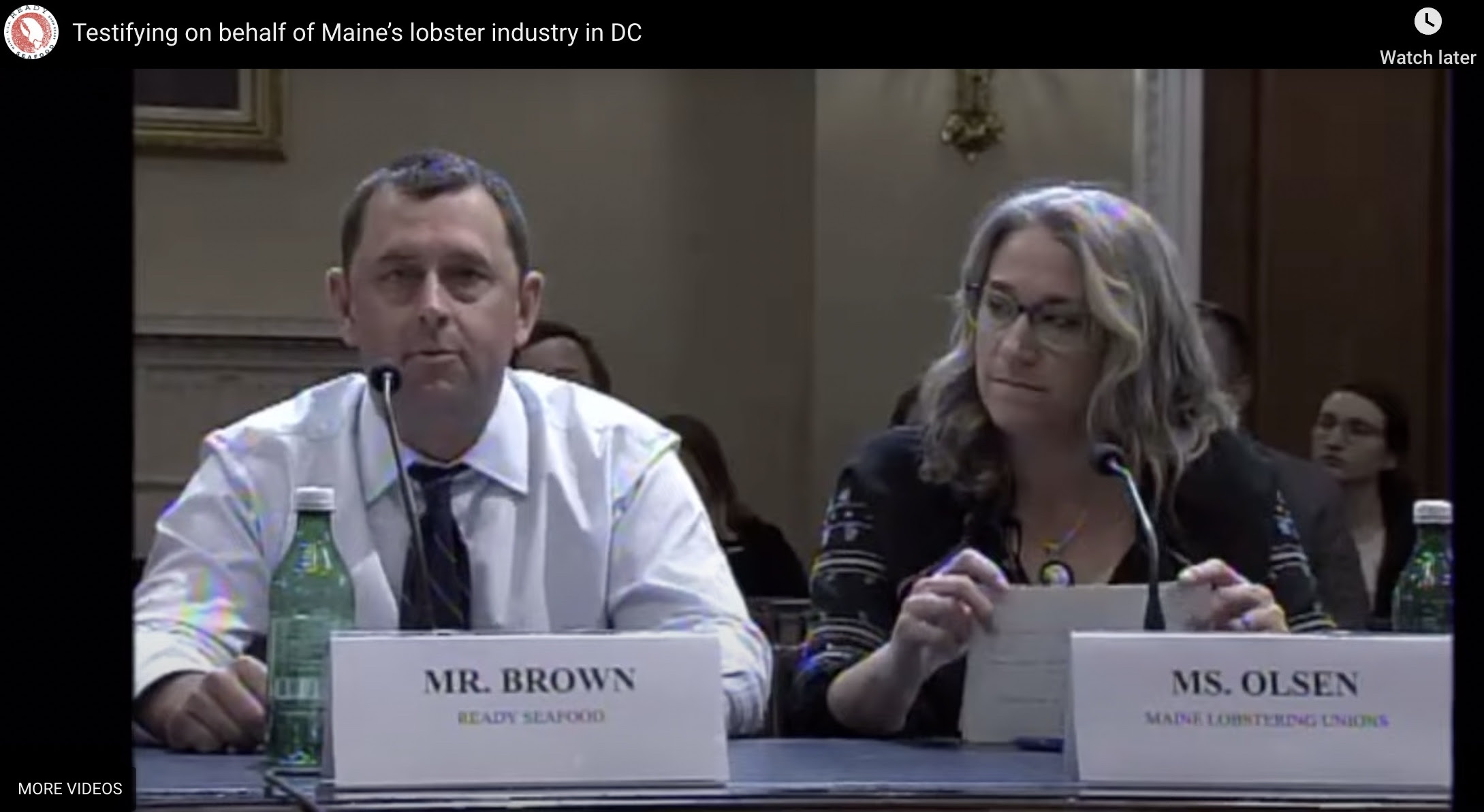April 24th, 2023
Please hold the date for the next Lobster Zone C Council Meeting to be held on Monday, April 24th, 2023 at 4:00 PM. This meeting will be held In-Person at the Stonington Town Hall located at 32 Main Street, Stonington.
April 26th, 2023
Please hold the date for the next Lobster Zone G Council Meeting to be held on Wednesday, April 26th, 2023 at 4:00 PM. This meeting will be held In-Person at the Kennebunk Free Library located at 112 Main Street, Kennebunk.
April 27th, 2023
Please hold the date for the next Lobster Advisory Council (LAC) Meeting to be held on Thursday, April 27th, 2023 at 4:00 PM. This meeting will be held at the DMR Offices at the Marquardt Building, located at 32 Blossom Lane, Augusta, room 118.
June 2023
Maine Lobster Boat Races begin on June 17th, 2023 in Boothbay Harbor. View the full race schedule on the Fans of Maine Lobster Boat Racing Facebook page.
October 22 – 27, 2023
12th International Conference and Workshop on Lobster (and Crab) Biology and Management (ICWL)

The Western Rock Lobster Council (WRL), Australia’s Fisheries Research and Development Corporation (FRDC) and Western Australia’s Department of Primary Industries and Regional Development (DPIRD) are pleased to be hosting the 12th ICWL workshop on 22 – 27 October 2023 at the Esplanade Hotel in Fremantle, Western Australia.
ICWL returns to where it all began in Western Australia (WA) over 40 years ago, when a group of 37 lobster biologists from 6 countries met in Perth, Australia to discuss and compare their work on lobster ecology, physiology, and management protocols, and to find common themes amongst the different species that were commercially fished. Since its humble beginnings the ICLW has grown in popularity and prestige, and in recent years has attracted 150-200 participants from around 20 different countries.
Fremantle is a major port for the western rock lobster fleet just 20 km from Perth, the capital city of WA. The western rock lobster fishery is the largest single species fishery in Australia with a value of over AUD$450 million annually, and a long history of internationally recognised research, management, and compliance. In 2000, this fishery was the first in the world to receive the Marine Stewardship Council (MSC) accreditation.
The theme of the 12th ICWL is ‘ecosystem-based fisheries management (EBFM)’. EBFM is a holistic approach to fisheries management that recognises all the interactions within an ecosystem rather than considering a single species or issue in isolation. We consider this represents best practice for fisheries management and reflects that fisheries research and management focus is now broader than just sustainability. Therefore, in addition to presentations that focus on lobster (and crab) biology and stock assessment, we will also welcome presentations that examine other aspects of EBFM, such as ecosystem effects of fishing, economic assessments, social issues, governance, and compliance with management regulations.
Next year we are also very excited to extend the scope of the conference to include submissions relating to other decapod species, specifically crabs, welcoming abstracts on all aspects of crab research, biology and management.
Given the interest in lobster aquaculture worldwide, particularly the Asian region, we are also hoping to attract strong support for the planned aquaculture session. As always an industry day is planned to be an important component of the program, and we are looking forward to welcoming commercial and recreational lobster industry participants.
WRL, FRDC and DPIRD are looking forward to hosting scientists, managers and industry participants in Western Australia in 2023. We welcome any ideas that you may have for the lobster workshop such as particular sessions and special workshops that could be held as part of the 12th ICWL.
Co-chairs
Nick Caputi Nic Sofoulis
(nick.caputi@dpird.wa.gov.au) (sofs1@bigpond.com)

